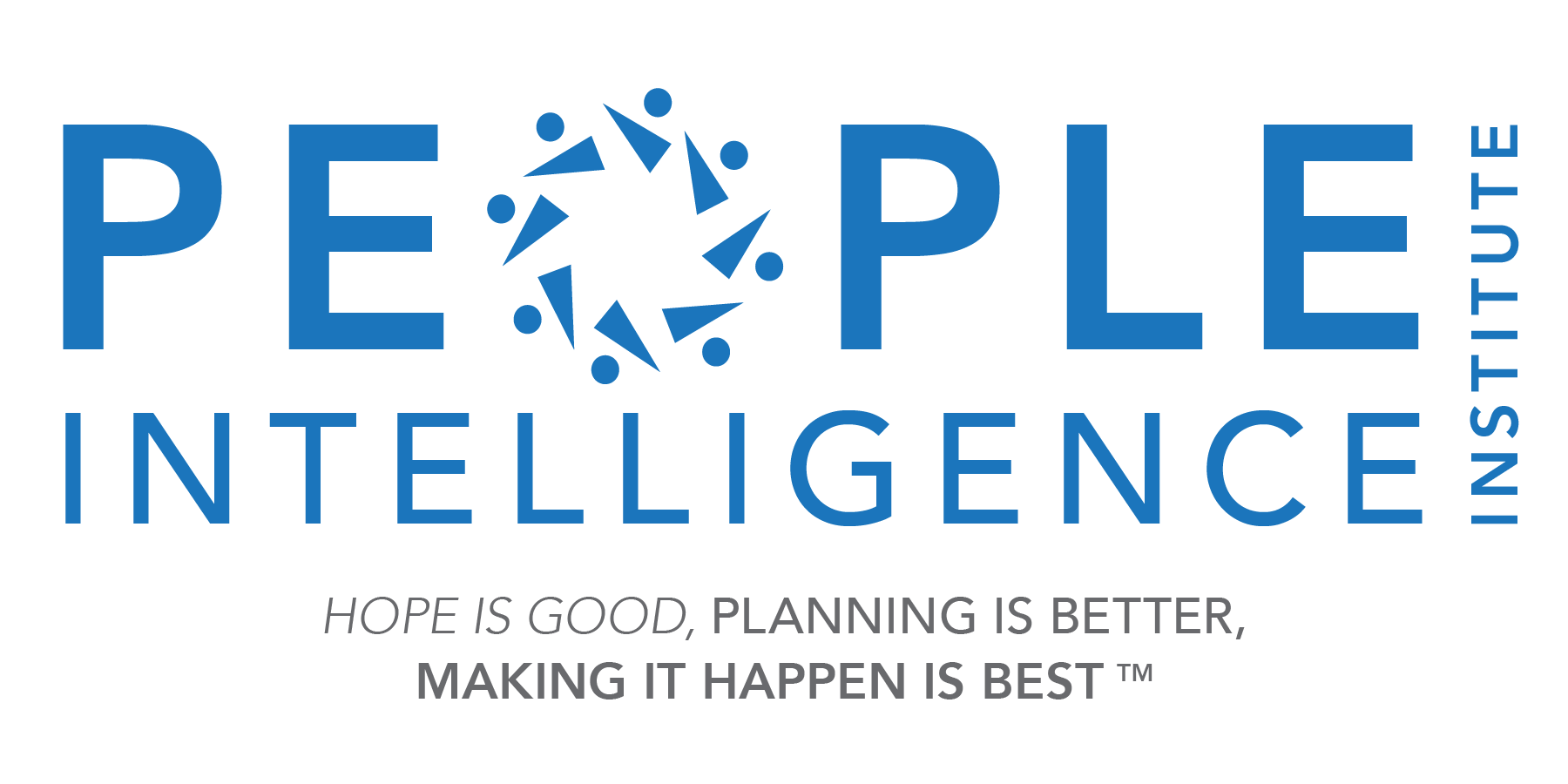"This course has helped train my eye and my mind to see more emotions in others, and as a result, have more successful interactions with others when they are emotional. I am more likely to notice things earlier, before escalation, when the potential to make better choices is stronger."
Read MoreHuman emotions are present in the nucleus of most every lie. Learning to understand them (Emotional Intelligence) and recognize them (Emotional Competency) are the lever and fulcrum of revealing lies and more importantly, uncovering the truth. It's not enough to know that a deception has occurred; in order to move forward, we must know the truth.
Not every lie is told with malice. Not every reason to hold back is rooted in wickedness or a compelling need to remain in the dark with one's deeds.
Indeed, some lies are necessary to save lives. A commander would not admit to having a plan in place to infiltrate a terror organization or attack enemy combatants. That type of knowledge in the wrong hands could lead to a preemptive strike by the terrorists against the interests of that nation and possibly cost the lives of civilians. So in this scenario the truth is kept purposely hidden and some might argue there is a moral imperative to do so.
Some lies are told to save the life of the liar. A young man escaping Nazi Germany would not be faulted for denying his faith, if only to survive long enough to get to a better position from which to defend it, or simply to save his family.
Lies are told to keep someone hopeful who may be distraught over a gravely ill family member. Lies are told to retain friendships, avoid conflict or shield someone from unnecessary stresses. Many a grandparent has been kept in the dark about a grandchild's arrest or accident until the situation is resolved and normalcy restored. It's the 'no harm - no foul' rule. The list of situations in which it may be argued that it is permissible to lie is as complicated as the human needs for acceptance, trust, peace of mind or a little more time.
Given that there are so many circumstances dictated by environmental pressures about which information must be misrepresented and sometimes omitted, and so many ethical arguments about whether or not telling lies of any kind is appropriate, we will focus on those instances when we must engage in difficult conversations. They may be work-related or personal but they somehow affect the future of the place where you stand and the people with whom you share that place.
Human interaction is often challenging and confusing. You would think we'd be better at it by now. We've been at it for thousands of years. We've developed intricate languages, symbols and facial expressions to communicate our thoughts. But instead of feeling gratified, interacting with our own species leaves us unsatisfied, frustrated, even exasperated. We feel shortchanged, unconnected or distant. When the truth is repressed, barriers to effective engagement are even more difficult to overcome.
The truth is usually known to one party and suspected by another. It does, after all, exist. The challenge is for both parties to feel comfortable with arriving at a common perception of the truth regardless of its consequences. It's about the desire to be open and the willingness to accept it. It's about mutual trust and the utility of honest communication. The point is not to judge the merits of the true thing, but merely to acknowledge it. It's a better place to start.
What keeps someone from expressing the truth is a feeling or presumption that the revelation will somehow degrade the relationship, perhaps irreparably so. They often want to be honest but feel they cannot or should not. For one reason, real or perceived, the one holding on to the truth is tangled in the vines of deceit. The real truth is inexorably tied to one emotion or another: anger, fear, joy, sadness and many more. It is precisely those emotions which we must look toward as the guideposts to truthfulness.
The listener must learn to observe the underlying emotions pressing themselves against the glass like a beggar at an upscale restaurant, silently pleading to be let in, or let out. The listener must look past what is obvious and ordinary, so they can see the waif in the window and recognize it for what it is, to let it in, accept it, feed it, respect it and move forward.


